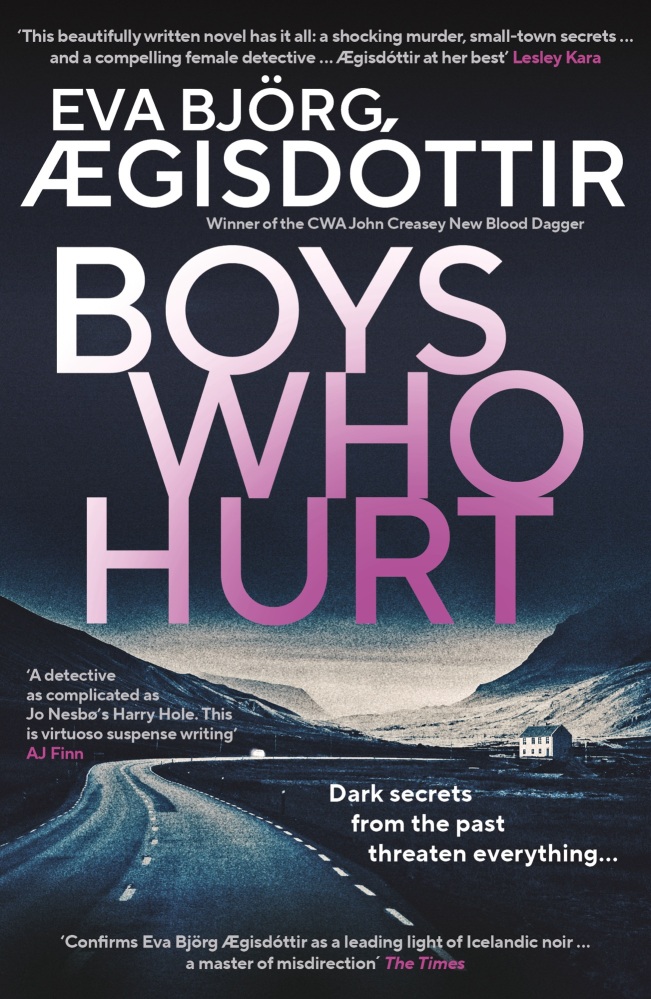Must Read
### Unraveling the Paternity Mystery of Prince Harry: The Truth Behind the Speculation
In a saga that could easily be mistaken for a gripping soap opera, Prince Harry, the Duke of Sussex, finds himself entangled in a web of rumors surrounding his parentage.
For years, whispers have circulated questioning whether King Charles III is indeed his biological father or if the truth lies with James Hewitt, the cavalry officer linked to Princess Diana during a notorious affair.
This article aims to sift through the layers of speculation, timelines, and undeniable truths to uncover what's real and what's merely fiction.
The origins of these swirling rumors date back to Harry's childhood and have been fueled largely by his striking red hair.
This distinctive trait has led many to connect him with Hewitt, who also sported a similar ginger mane.
The affair between Diana and Hewitt reportedly lasted five years, but there's a crucial detail that often gets overlooked: Diana met Hewitt two years after Harry was born.
This timeline casts doubt on the idea that Hewitt could be Harry's biological father, yet the rumors have proven remarkably resilient.
Adding fuel to the fire, Prince Harry himself recounted an eyebrow-raising joke made by King Charles.
During a conversation with a psychiatric patient who believed he was the Prince of Wales, Charles quipped to Harry, “Who knows if I'm even your real father?
Maybe your father is in Broadmoor, darling boy?” While this might have been a darkly humorous comment, it provided ample fodder for conspiracy theorists and tabloid editors eager to keep the speculation alive.
So why do these rumors persist despite clear timelines?
One reason is the uncanny resemblance some claim exists between Harry and Hewitt, particularly in their facial features and hair color.
However, it's worth noting that red hair is not uncommon in the Spencer family, Diana's lineage, making this argument rather tenuous at best.
Additionally, the scandalous nature of Diana and Hewitt's affair continues to link the two in the public's mind.
The British press has historically thrived on royal drama, and stories questioning Harry's paternity are no exception.
Such tales are guaranteed to generate clicks, sell papers, and capture public interest.
Among the more sensational claims is the rumor that a DNA test was conducted to clarify Harry's paternity, allegedly confirming that he is indeed Charles' biological son.
Yet, without any verifiable evidence to support this claim, it remains shrouded in ambiguity.
Interestingly, there are whispers that Harry himself might consider taking a DNA test to finally put these long-standing rumors to rest, reportedly encouraged by Meghan Markle.
The thought of addressing such a deeply personal issue publicly speaks volumes about the emotional toll these speculations have taken on him.
Imagine being in Harry's shoes—constantly scrutinized over something so personal as your lineage.
He revealed in a witness statement how reading these stories at just 18 years old impacted him.
Initially, he believed the rumors, only to later realize that the timelines didn't align.
For Harry, this speculation transcends mere curiosity about his paternity; it delves into deeper questions of identity and belonging.
What if the rumors were true?
If it were proven that James Hewitt is Harry's biological father, the ramifications would be enormous.
He could potentially lose his royal titles, his place in the line of succession, and even his historical standing.
However, the prevailing lack of credible evidence strongly suggests that this scenario is unlikely, yet it continues to intrigue royal watchers.
The public reaction to these persistent rumors is decidedly mixed.
Some dismiss them as mere gossip, while others entertain the possibility, pointing to Diana's tumultuous marriage and Hewitt's proximity as factors.
Harry himself has expressed a certain indifference, even joking that if Hewitt were indeed his father, it might not be such a bad thing—a remark that likely masks deeper emotions.
The ongoing speculation around Harry's parentage reflects broader issues within royal life, including the immense pressure faced by those born into the monarchy.
For Harry, addressing these rumors is about more than just setting the record straight; it's about redefining what it means to be a modern royal in a world hungry for scandal.
As we explore this complex narrative, it becomes clear that the story of Prince Harry's parentage serves as a lens through which we can examine our own obsessions with identity and lineage.
While the tabloids may thrive on sensationalism, Harry's life illustrates the resilience required to navigate public scrutiny.
His journey from a troubled teenager grappling with damaging headlines to an adult openly confronting these issues showcases remarkable strength.
Ultimately, Harry's legacy will likely encompass more than just the controversies surrounding his birth.
It will reflect his commitment to mental health advocacy, philanthropy, and a new vision of royalty that prioritizes authenticity and connection over tradition.
His story challenges us to reconsider what defines legacy in a changing world, prompting questions about the nature of identity and the impact we leave behind.








































